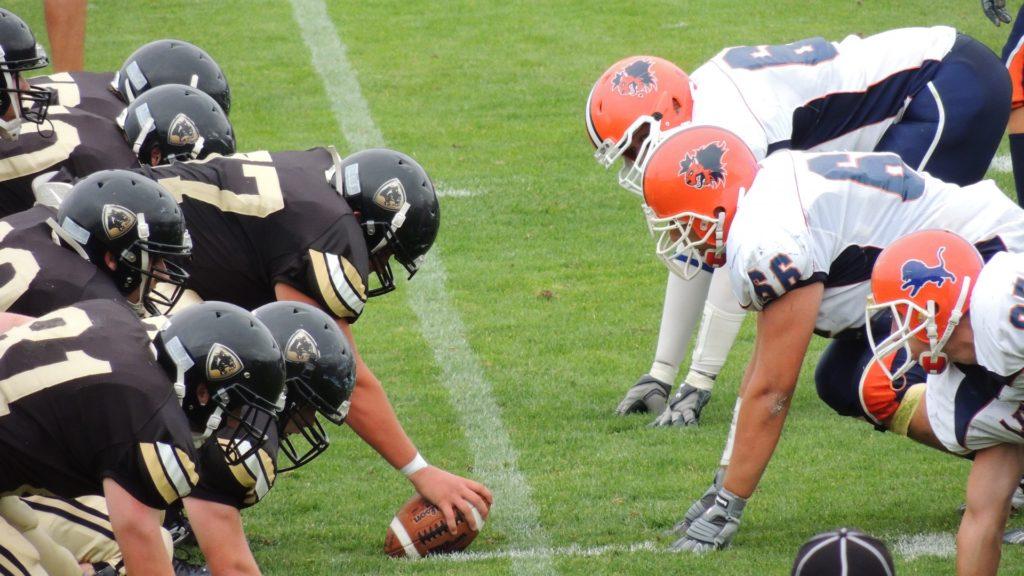
Let’s play a little game. I’ll say a name, and you tell me what words you associate with it.
Harvard University. Now, I bet you I can guess what you’re thinking—something along the lines of geniuses, brilliant students, and extraordinary talent, right?
Next one: Stuyvesant High School. Still thinking something similar, like intelligent students and bright kids, aren’t you?
Now: Townsend Harris High School. If you’re a Harrisite like me, you’re probably biased and you may be immediately drawn to freshmen gym, six flights of stairs, or #teamnosleep. But what if I asked you about the students of Townsend Harris? Would your answer sound like the answers you used to describe Harvard and Stuyvesant students?
To me, it seems as if it’s a no-brainer that you would have responded the way you did. After all, society likes to teach us to categorize people all the time, and naturally, you would try to characterize a school by fitting all of the students into one general label. Many also like to feel that being associated with certain prestigious names gives one prestige.
But if you are one of those people, it may mean that you connect your status as a student of THHS with the success of the school itself.
In my two (going on three) years at THHS, I’ve heard countless deprecating statements and jokes about other schools. For example, when comforting another student about their sub-par performance on a test, a student would say something along the lines of “You know what? Maybe they aren’t the best, but with those grades you’d be a GENIUS at John Bowne! A “B-” here is an “A+” there!”
Stereotyping all students of a school is inherently flawed because not every student is the same.
Stereotyping the students of another school like this is morally wrong. Rather than even consider the possibility of there being smart students in other schools, this stereotyping makes the automatic assumption that every student at another school is intellectually inferior. Perhaps some of the students are below average, but perhaps some are above average academically. Regardless of whether THHS is academically superior to John Bowne, students here have no right to feel superior to every single student at John Bowne.
These superiority complexes aren’t founded on individual accomplishments, but rather admission to our top-tier secondary school. One may argue that being admitted to THHS is accomplishment enough, but is it really, when you only need high grades and test scores, along with a whole lot of luck?
The THHS admissions criteria require a minimum GPA of 90, minimum reading and math standardized test scores within the 90th percentile, and a record for punctuality and excellent attendance. It all sounds great in theory, but grades, especially middle school grades, may not be the best measures of scholarship. Averages may be easily skewed and influenced by external factors—maybe a teacher had a soft spot for a student and decided to boost his or her grade, or maybe he or she did not want to grade too harshly and instead decided to award every student with high marks, regardless of the student’s merit.
Students may find upon entering THHS that teachers here don’t pointlessly boost grades. If anything, many students realize that their averages actually drop when compared to their middle school averages. If such a thing happens, isn’t that evidence of grade inflation at a middle school? Doesn’t that mean some fo the students aren’t amazing, but are simply normal students? This wake-up call serves as a demonstration that stereotypes and assumptions about one’s academic ability shouldn’t be based on what school one got into.
Instead of focusing on the accomplishments of the school and of all previous and current Harrisites, students should concentrate on their own individual feats. Instead of believing that being a Harrisite is an achievement in itself, think about what you want to attain as a student here.
But if one wants to take pride in being a THHS student, do not take pride solely in the reputable name. All that does is project the success of “Townsend Harris” onto a person.




























Danny Hong • Oct 19, 2014 at 6:03 pm
Great details. It’s really irritating to hear that one person is “smarter” than another just because he/she went to a “better” school than that person. We can’t simply make assumptions on each other’s academic intelligence based on the type of school they attend. Like you mentioned in your article, this is completely biased since we don’t consider other situations like teachers boosting their students’ grades. I believe that a student’s academic intelligence is defined not only by the type of education they get, but also by their work ethic and by what education means to them.
Karen Su • Sep 21, 2014 at 1:25 pm
Very nicely written! I think this piece perfectly summarizes what I have had to deal with over the past two years in Townsend Harris. I came from a “lesser-known/achieving” high school, and to hear people throw around statements that culminate into a superiority complex has always made me very uncomfortable. It’s as if saying that my efforts to earn my “high grades” weren’t well worth the hard work.